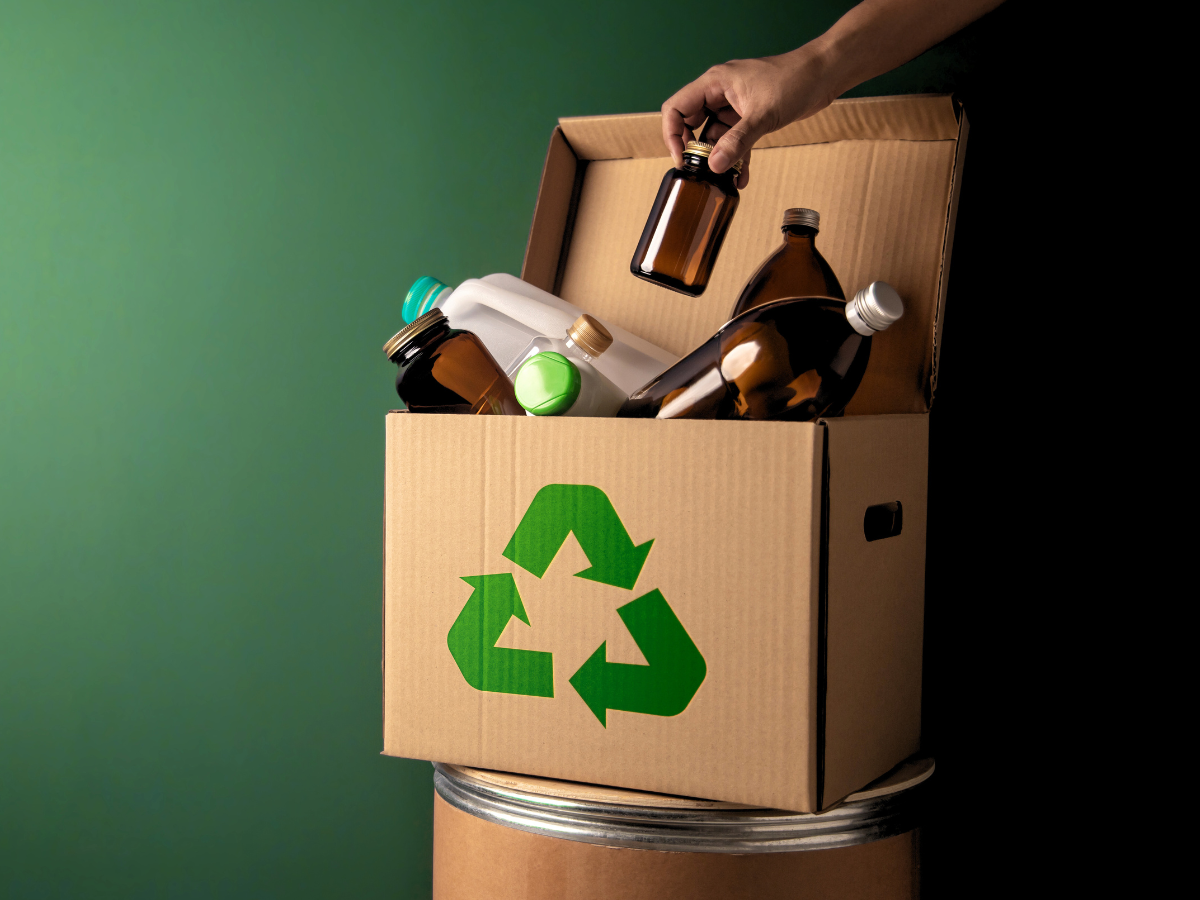What’s new?
The UK’s Extended Producer Responsibility (EPR) framework for packaging reached full implementation on 1 April 2025, marking a fundamental shift from the previous Packaging Recovery Note (PRN) system.
Under EPR, cosmetic companies must now register accounts, report detailed packaging data, and pay modulated fees based on recyclability. The framework implements the “polluter pays” principle, transferring £1.7 billion annually in waste management costs from local entities to producers, with fees potentially 6-20 times higher than previous PRN costs.
Key provisions
Obligation Criteria
- Supply chain responsibility: Single point of compliance typically falls on brand owners/importers
- Annual turnover: £1 million or more
- Packaging volume: >25 tonnes imported/supplied to UK market annually
- Business type: Individual businesses, subsidiaries, or groups (excluding charities)
Producer Categories
- Small Producers: £1-2 million turnover AND >25 tonnes packaging OR >£1 million turnover AND 25-50 tonnes packaging
- Large Producers: >£2 million turnover AND >50 tonnes packaging
Reporting Requirements
- Large Producers: Bi-annual submissions (April/October deadlines)
- Small Producers: Annual submissions (April deadline)
Fee Structure (2025 Implementation)
- Registration fees: Payable to environmental regulators
- Local Authority Waste Management fees: Based on household packaging reported
- Modulated fees: Higher costs for difficult-to-recycle materials (encourages recyclable materials and reduced packaging)
What now?
- Immediate: Complete EPR account registration if not already done
- October 2025: First fee invoices issued to Large Producers based on 2024 data
- March 2027: Mandatory recycling labeling requirements (postponed from April 2026)
- Ongoing: Implement Recyclability Assessment Methodology for packaging portfolio
References
The Packaging Waste (Data Reporting) Regulations 2024, UK Statutory Instruments Extended Producer Responsibility for Packaging: Government Response, DEFRA March 2022 EPR for Packaging.







